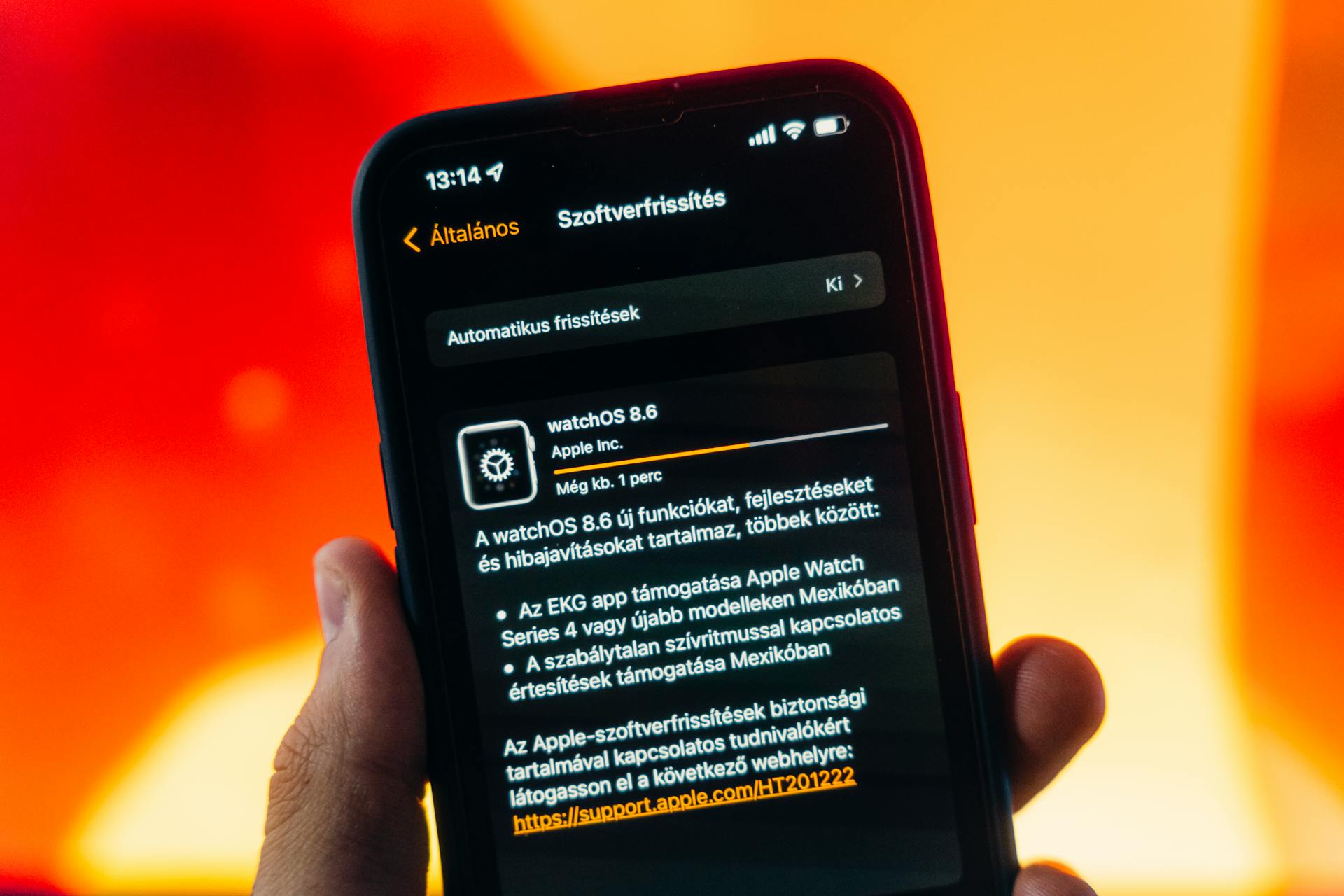
Locked Out: Why the FBI Can’t Hack an iPhone Without Help from Apple
Imagine a high-stakes investigation where every second counts, and the key to cracking the case lies within a locked iPhone. Despite their vast resources and cutting-edge technology, the FBI often finds itself unable to bypass the robust Apple iPhone security measures protecting these devices. This conundrum isn’t just a plotline for a tech thriller—it’s a reality that has sparked intense debates about privacy, law enforcement and encryption, and the ethical challenges of accessing encrypted data in the digital age.
At the heart of this issue is Apple’s unwavering commitment to user privacy and its sophisticated encryption technology, which even the world’s top intelligence agencies struggle to penetrate. From the technical hurdles posed by encrypted iPhones to the legal and ethical dilemmas surrounding government access, this article delves into why the FBI often needs Apple’s cooperation to unlock an iPhone—and what this battle means for the future of digital privacy.
The Fort Knox of Smartphones: How Secure Are iPhones?
Apple has built its reputation on creating devices with industry-leading security features. iPhones are equipped with advanced encryption systems that make unauthorized access nearly impossible. At the core of this security is the Secure Enclave, a dedicated chip that handles sensitive information like passcodes and biometric data, completely isolated from the rest of the device. Even if someone gains physical access to the iPhone, the Secure Enclave protects user data with unbreakable encryption keys.
Beyond the hardware, Apple’s software plays a critical role. Features like automatic data wiping, encrypted backups, and regular security patches ensure that iPhones remain ahead of evolving threats. Apple’s system doesn’t just stop hackers; it also prevents the company itself from accessing user data, creating a device where privacy is paramount. This strength has led to debates about how Apple secures iPhones against hacking, especially when it comes to the FBI’s need to unlock devices during investigations.
Why Secured Devices Are Important
Strong encryption isn’t just about protecting personal photos or emails—it’s a cornerstone of modern digital life. iPhones are used for everything from financial transactions to storing medical records, and a breach could have devastating consequences for individuals and businesses. By securing devices with robust encryption, Apple ensures that sensitive data is safeguarded against hackers, identity thieves, and even oppressive regimes.
This focus on why iPhones are secure has positioned Apple as a leader in data protection. However, it has also created friction with law enforcement. Agencies like the FBI argue that access to encrypted devices is crucial for solving crimes, while Apple warns that any backdoor could be exploited by malicious actors, putting millions of users at risk.
The FBI’s Struggles: Why They Can’t Hack an iPhone Alone
Despite their technological expertise, the FBI and other agencies often find themselves unable to unlock iPhones without Apple’s help. This is due to several key factors:
- Encryption Complexity: iPhones use end-to-end encryption requiring the user’s unique passcode or biometric data. Brute-forcing a passcode is nearly impossible without triggering built-in security measures that erase data after too many failed attempts.
- Evolving Security Features: Apple’s frequent software updates close loopholes and strengthen security. Tools that might work on one version of iOS are quickly rendered ineffective with new updates, highlighting why the FBI needs Apple to unlock iPhones in many cases.
- Third-Party Solutions Fall Short: Companies like Cellebrite and GrayShift offer tools to bypass iPhone security, but their success is limited, especially with newer models. These tools are costly and often unreliable, making Apple’s cooperation essential.
The Role of Ethical Hackers and Social Engineering
While the FBI struggles to crack iPhones through technical means, ethical hackers sometimes offer an alternative. These professionals rely on their expertise in cybersecurity and, occasionally, social engineering—manipulating individuals into revealing sensitive information like passcodes or account credentials.
For instance, attackers might impersonate Apple support to trick users into divulging critical information. Such tactics bypass the physical and digital security of iPhones by exploiting human vulnerabilities. While this method doesn’t always work, it underscores the importance of user awareness in maintaining device security.
If you’re seeking a lawful way to access a locked iPhone, ethical hacking for iPhones can provide a solution. These professionals ensure proper and secure access while adhering to ethical and legal guidelines.
The Broader Relevance: Privacy vs. Security
The battle over Apple iPhone security raises a pressing question: how do we balance privacy with public safety? While law enforcement agencies push for backdoors in encrypted iPhones, Apple argues that weakening encryption would expose millions of devices to hackers, compromising both individual and collective security.
This debate transcends technology, touching on issues of surveillance, human rights, and corporate responsibility. As technology evolves, the need for robust encryption and ethical cybersecurity solutions will only grow.
Conclusion
The FBI’s inability to hack an iPhone without Apple’s help highlights the unparalleled strength of Apple’s encryption and its dedication to user privacy. From the Secure Enclave to cutting-edge software protections, iPhones are built to withstand even the most advanced hacking attempts.
However, when lawful access is necessary, ethical hackers offer a viable solution. With their expertise, they navigate the delicate balance between privacy and security, ensuring access is achieved responsibly.
If you’re facing a critical situation involving a locked iPhone, don’t leave it unresolved. Fill out our contact form today to connect with experienced ethical hackers who can provide the solutions you need. With the right expertise, you can unlock the answers without compromising integrity.



